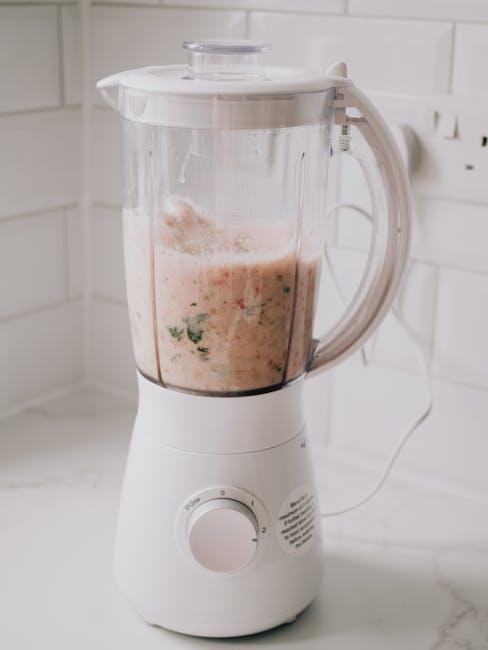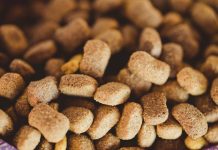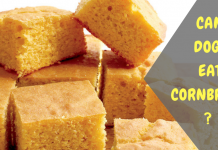Welcoming a new puppy into your home is an exciting and joyous occasion, filled with playful moments and the promise of a lifelong companionship. As you embark on this delightful journey, ensuring your furry friend’s health and well-being becomes a top priority. One of the fundamental aspects of nurturing your puppy is providing them with the right nutrition. However, with the myriad of puppy food options available on the market, it can be overwhelming to discern which ingredients truly benefit your pup and which ones to steer clear of. In this guide, we will explore the puppy food ingredients that you should avoid, equipping you with the knowledge to make informed decisions that support your puppy’s growth and vitality. Let’s delve into creating a wholesome and nourishing diet for your newest family member, so they can thrive and fill your days with boundless energy and love.
Understanding Harmful Additives in Puppy Food
When choosing the best food for your puppy, it’s crucial to be aware of certain ingredients that could be detrimental to their health. Many commercial puppy foods contain additives that are not only unnecessary but potentially harmful. Artificial preservatives like BHA, BHT, and ethoxyquin are commonly used to extend shelf life but have been linked to various health issues. Artificial colors and flavors are another concern, often added to make the food more appealing to pet owners rather than the pets themselves. These additives can cause allergies and behavioral problems in some puppies.
In addition to these, it’s wise to avoid foods with excessive fillers such as corn, soy, and wheat, which can lead to digestive problems and allergies. Look for foods that prioritize high-quality protein sources and include whole grains or vegetables instead. Here’s a quick list of additives to watch out for:
- Artificial Preservatives: BHA, BHT, Ethoxyquin
- Artificial Colors and Flavors
- Excessive Fillers: Corn, Soy, Wheat
By being vigilant and reading labels carefully, you can ensure your puppy gets the nutrition they need without the unwanted extras.

Identifying Common Allergens and Irritants
When choosing the right food for your puppy, it’s crucial to be aware of common allergens and irritants that might be lurking in their kibble. Puppies, like humans, can develop allergies or sensitivities to certain ingredients. Here are some elements you might want to avoid to ensure your furry friend stays happy and healthy:
- Artificial Additives: Preservatives like BHA, BHT, and ethoxyquin, as well as artificial colors and flavors, can be harsh on your puppy’s digestive system and may trigger allergic reactions.
- Grains: While some puppies can digest grains without issue, others may develop sensitivities. Ingredients like wheat, corn, and soy are common culprits that might cause discomfort or allergies.
- Dairy Products: Many puppies are lactose intolerant, meaning dairy can lead to digestive upset, including diarrhea or vomiting.
- Meat By-Products: These can be lower quality and harder to digest, potentially leading to food sensitivities. Opt for foods with whole protein sources instead.
Being mindful of these ingredients when selecting puppy food can help you avoid unnecessary trips to the vet and keep your puppy’s tail wagging with joy.

Choosing Safe and Nutritious Alternatives
When it comes to selecting the best food for your puppy, prioritizing both safety and nutrition is crucial. Puppies require a diet rich in essential nutrients to support their rapid growth and development. Here are some key ingredients to look out for and avoid in your puppy’s food:
- Artificial Preservatives: Ingredients like BHA, BHT, and ethoxyquin are often used to extend the shelf life of pet foods but can pose health risks over time. Opt for foods preserved with natural alternatives such as vitamin E (mixed tocopherols) and vitamin C (ascorbic acid).
- Fillers: Avoid foods with excessive amounts of fillers such as corn, soy, and wheat. These ingredients offer little nutritional value and can lead to allergies and digestive issues. Instead, choose foods with whole grains or grain-free options if your puppy has sensitivities.
- By-products: Meat by-products are low-quality ingredients that may include parts of animals not typically consumed by humans. Look for foods that list specific meat sources like chicken, beef, or fish as the primary protein.
- Artificial Colors and Flavors: These additives are unnecessary and can be harmful to your puppy’s health. Foods with natural flavors and colors derived from real ingredients are a safer choice.
Choosing the right puppy food involves being mindful of what goes into the kibble. By avoiding these harmful ingredients, you can help ensure your puppy’s meals are as healthy and beneficial as possible. Remember, a well-fed puppy is a happy and thriving companion!
















